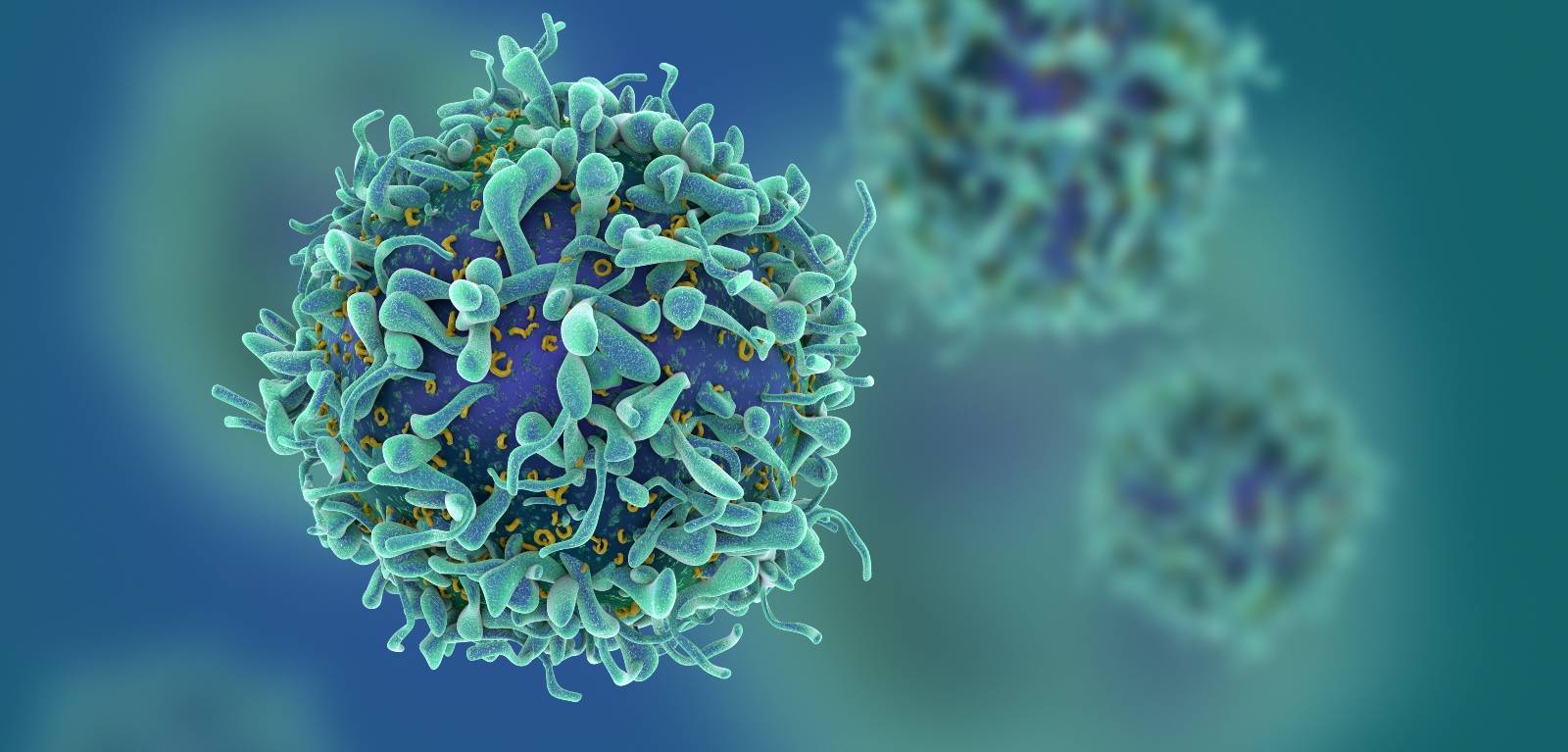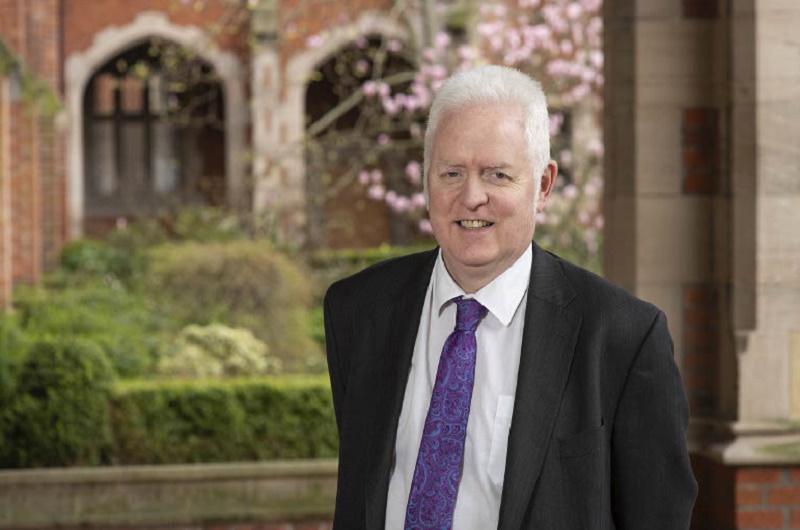People in Northern Ireland received less cancer treatment than other nations
People in Northern Ireland received less key cancer treatment than comparable countries, two landmark international studies have found.

The studies were co-funded by Cancer Research UK and have been published today in The Lancet Oncology.
The new research, led by the International Cancer Benchmarking Partnership (ICBP), found that patients in Northern Ireland over a five-year period received less chemotherapy (28.8%) than people in Norway (39.1%), Canada (38.5%) and Australia (42.1%).
Those in Northern Ireland also experienced long waiting times to start treatments, waiting on average 57 days to start chemotherapy, compared with 48 days in England and 39 days in Norway.
The ICBP is an international partnership of clinicians, academics, policy makers and data experts, hosted by Cancer Research UK and chaired by Professor Lawler, Professor of Digital Health at Queen's University Belfast, which carries out research to help identify best practice internationally.
The research will be presented by Professor Lawler at a major international cancer conference in Dublin today - the joint European Association for Cancer Research – American Association for Cancer Research – Irish Association for Cancer Research Conference.
These findings from the International Cancer Benchmarking Partnership (ICBP) may help explain why cancer survival in Northern Ireland lags other countries internationally.
This is the first time that treatment differences for eight different cancers (oesophageal, stomach, colon, rectal, liver, pancreatic, lung and ovarian cancer) have been examined across countries in three continents.
The researchers from Queen's University Belfast, University College London and other centres examined data from more than 780,000 people with cancer diagnosed between 2012 and 2017 - the most up-to-date analysis of international treatment differences - in four comparable countries (Australia, Canada, Norway and the UK).*
Amongst those four countries, there was stark variation in the treatment of all eight cancer types. People with cancer in the UK received less chemotherapy and less radiotherapy than comparable nations. For example, fewer lung cancer patients in Northern Ireland (22.9%) received chemotherapy compared with Canada (35.0%), Norway (45.3%) and Australia (41.4%).
Fewer older patients in Northern Ireland were treated with chemotherapy and radiotherapy - for example, only 13.4% of those aged 75-84 received chemotherapy in Northern Ireland, compared with 29.6% in Australia and 23% in Norway.
People in Northern Ireland experienced longer waiting times to start treatments than other European countries, with an average wait of 53 days for radiotherapy compared with 44 in Norway, but less than the rest of the UK where there were average waits of 63 days in England, 79 days in Scotland and 81 days in Wales.
The average wait to start chemotherapy in Northern Ireland was 57 days compared with 39 in Norway, 43 in Australia, 48 in England, 58 in Wales and 65 in Scotland.
Chemotherapy and radiotherapy are key treatment options for patients diagnosed with cancer - it is estimated around 4 in 10 people with cancer in the UK should receive radiotherapy as part of their care.
While some cancer patients need time to prepare for treatment, others are forced to wait too long. This can result in people’s cancers continuing to grow and spread, potentially impacting the success of their treatment and further exacerbating their stress and anxiety levels.
ICBP Chair and Professor of Digital Health from Queen’s University Belfast, Professor Mark Lawler, said: “Taken together with other ICBP research, this landmark study, based on data from nearly 800,000 patients, suggests that those countries with more frequent use of chemotherapy and radiotherapy achieve better outcomes. Given the current underinvestment in radiotherapy in the UK, our data emphasises that we must ensure the optimal use of radiotherapy to deliver modern cancer care.
“As I presented recently in evidence to the Health and Social Care Select Committee Inquiry on the Future of Cancer in the House of Commons, countries with robust cancer strategies have seen larger improvements in survival than the UK and this current research can help us to understand the impact of treatment differences on cancer outcomes.
“From a Northern Ireland perspective, our involvement in ICBP is critical. We can learn a great deal from other countries who have stepped up and substantially improved cancer services. It’s crucial the Northern Ireland Executive addresses these issues and invests in its new cancer strategy and the excellent cancer professionals that work tirelessly to ensure the best possible outcomes for patients in Northern Ireland.
“With cancer cases projected to rise in Northern Ireland, demand for treatments like chemotherapy and radiotherapy will substantially increase. And a wider range of people, including older people with more complex healthcare needs, will require cancer treatment. We need to deliver the best possible care for all cancer patients in Northern Ireland.
“Although we have made progress, our last international cancer benchmark indicated that cancer survival in the UK is still 10 to 15 years behind leading countries worldwide. This current study highlights unfortunate missed opportunities for patients in the UK to receive life-prolonging treatment. When it comes to treating cancer, timing really matters. "
Cancer Research UK’s Public Affairs Manager for Northern Ireland, Barbara Roulston, said: “Northern Ireland should be striving for world-leading cancer care. All cancer patients deserve to receive the highest quality of care, but this research shows that people in Northern Ireland received less chemotherapy and radiotherapy than comparable countries.
“The findings also expose Northern Ireland’s long waiting times for treatment. Behind these statistics are people waiting anxiously to begin treatment that is key to boosting their chances of survival.
Featured Expert
